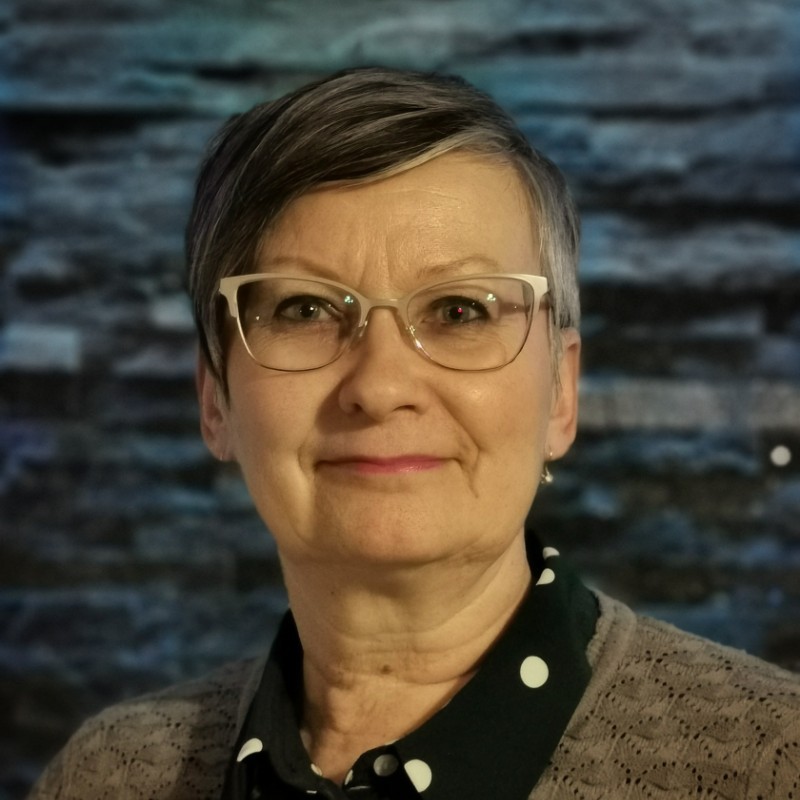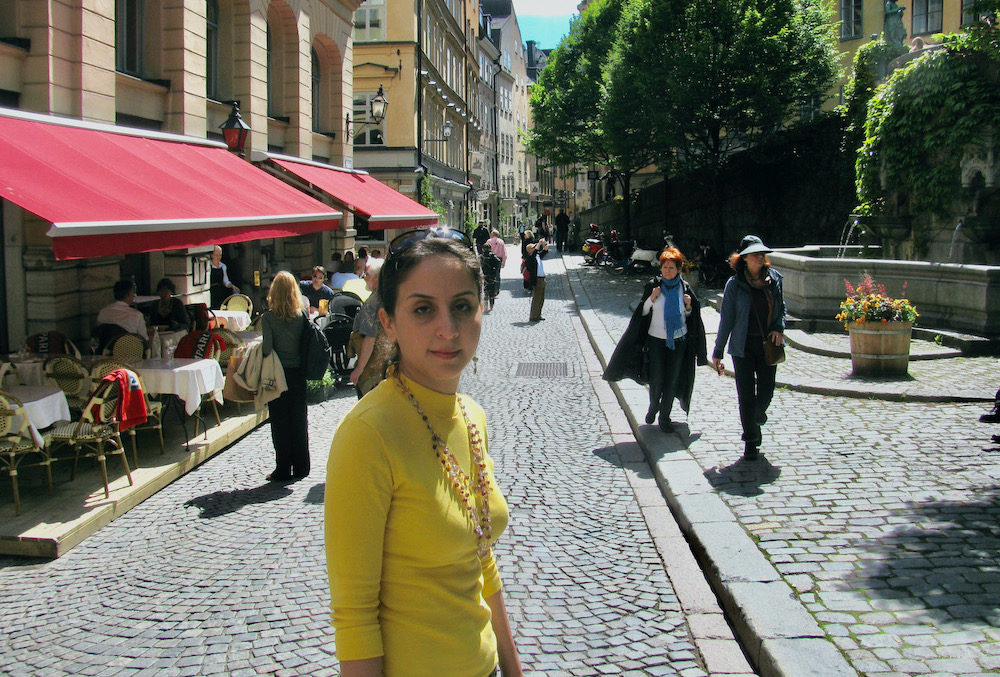The University of Jyväskylä is an internationally renowned research university and an expert in education that focuses on human and natural sciences. We spoke to Marjo Salmenkivi, Team Leader, Recruitment Team, to learn more about how the university uses social media to create awareness and promote its employer brand.
You use job promotion campaigns on social media for many of your international faculty recruitments. Why do you believe it’s important to take such a proactive approach to faculty recruitment?
MS: We use job promotion campaigns to promote assistant professorships, which are important recruitments for our university. When we hire a person for this type of a position, we commit to a years-long relationship since those on the tenure track can eventually get tenure. By using job promotion campaigns, we seek to attract top talent to the University of Jyväskylä. Our university is a small organisation on a global scale, so it’s important for us to make the University of Jyväskylä known and to talk about the top-quality research conducted at the university. It’s especially important to specifically reach passive job seekers, whose attention we might not otherwise be able to capture.

You are a university that really understands the value of creating awareness of your institution and promoting your employer brand. What would you say to a university that doesn’t yet understand why awareness is so valuable?
MS: Increasing awareness of our university through all available channels is certainly worth it. You should promote your employer brand on all available internal channels, but it’s also good to utilise commercial channels too, especially if your university isn’t the most well known. Talk about the research done at your university, about your researchers, and why coming to work with you is a good choice. Every university has their own strengths, talk openly about yours!
We’ve seen, for example, that the social media campaigns we’ve run with Academic Positions have reached a very large group of potential applicants. We’re repeatedly present among a relevant audience, and because of this, the awareness of our organisation keeps growing. Whether the average number of applicants we’ve received or the average quality of applicants has increased is difficult to comment on since we’re so early in the process. We’ve only recently begun with our employer branding marketing, but we hope to see them increase. We will continue to invest more into analytics and monitor the stream of applicants in our recruitment system, and thus be able to have concrete data on the impact these campaigns have, and adjust our marketing strategy accordingly.
In any case, I believe that deliberate and continual investments in employer branding marketing will increase awareness of the university and thus bring us better quality applications to our open positions, as well as engage and pique the interest of passive applicants.
Looking into the future, what are some things you’re seeing now that you think will have a big impact on the way universities attract top talent in the next few years?
The competition for the top researchers will undoubtedly continue to be intense in the future. To stand out from among the competition, you have to work purposefully with employer branding marketing in the long term. We strive to regularly be visible in international forums and promote our researchers and their research. I believe that our consistent investments in employer branding marketing will bear fruit in the long term.
As a university that has very quickly adopted modern digital recruitment practices, how are you trying to stay ahead of the curve?
The digitalisation of the recruitment processes at our university continues, and we’re committed to continuing this work which makes the application processes easier for both domestic and international researchers. We also review our recruitment processes and work to make them even more effortless and transparent than before. We’ve created a recruitment team dedicated to taking care of open positions and applicant communications. They tell our applicants how the recruitment is progressing and quickly let them know when their application doesn’t make it into the next phase of the recruitment process. We know that anyone applying for a position would hope they get the job, but in the cases where this doesn’t happen, they are immediately notified so they can focus their sights on new opportunities without delay. We also inform our applicants about who gets chosen for the open position and, whenever possible, we give applicants feedback on why they weren’t chosen. We’re also looking into implementing a system to make it possible to give this feedback even more effectively, utilising intelligent technological tools to do so.
We also have an excellent International Staff Services Team that helps our international staff and faculty with practical matters associated with their arrival to Finland, like residence permits or work permits. They also arrange various activities to help bring the community together. In addition to this, the ISS Team’s website has a large variety of information available, ranging from work and integration to society to leisure and the Jyväskylä region itself. We are also committed to employer branding marketing, promoting relevant material on our social media channels and on our own website. We value our own employees and alumni as ambassadors of our organisation. In addition to this, external partners like Academic Positions and exposure through these channels—like with Academic Stories and job promotion campaigns on social media for open positions—are an important part of that strategy.








